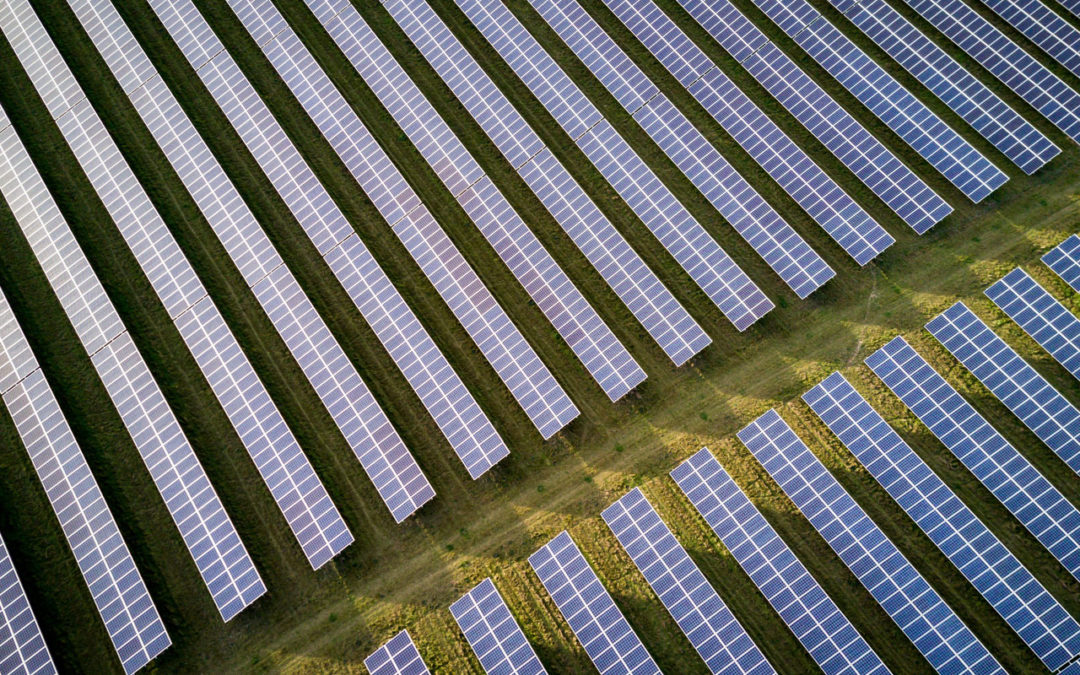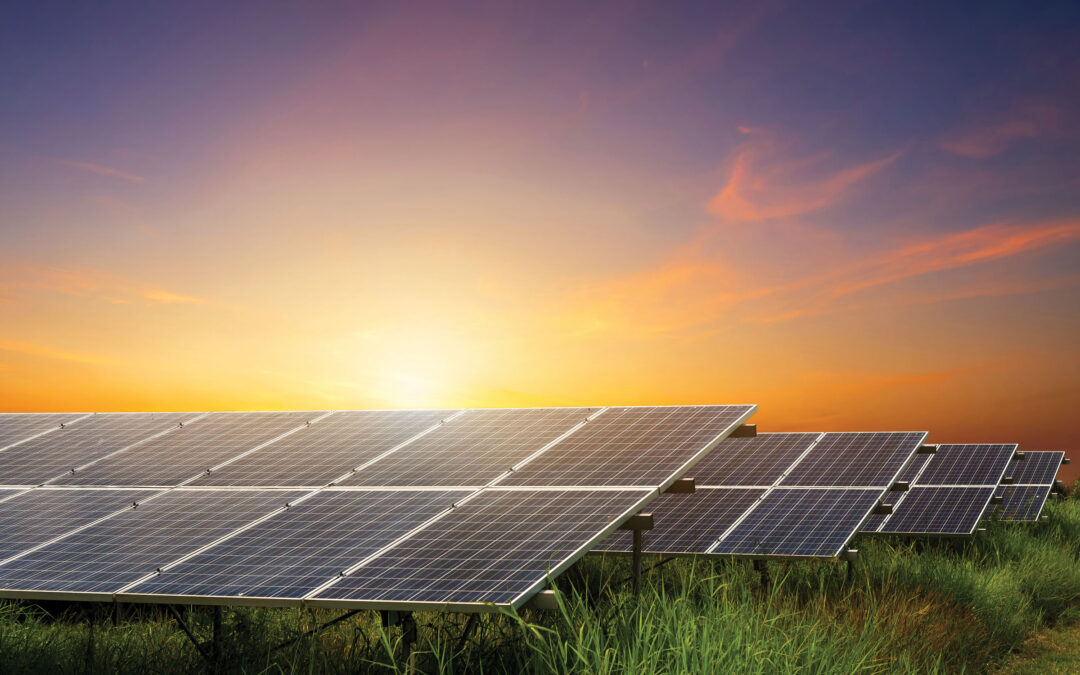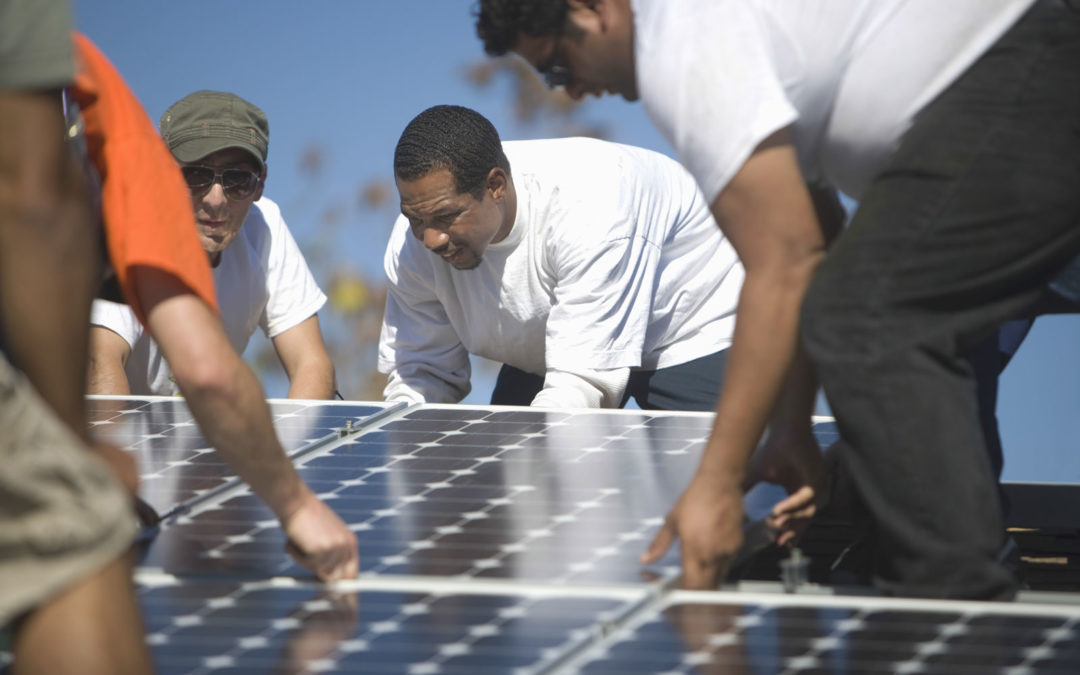
Submit a comment in support of the Langdon Mills Solar project!
Langdon Mills Solar is a 200-megawatt solar project with a 50 MW battery energy storage system proposed for development in the Towns of Courtland and Springvale in Columbia County, Wisconsin. As designed, Langdon Mills Solar would generate homegrown, affordable, emission-free electricity sufficient to power the equivalent of approximately 30,000 homes. If approved, construction on Langdon Mills will begin in 2024 and is anticipated to be operational in 2026. For more information, visit the application here. If you want to learn more about how Langdon Mills Solar has engaged with the community, check out their website here. RENEW Wisconsin submitted testimony in support of Langdon Mills Solar in Docket 9818-CE-100, which you can access here.
Solar projects larger than 100 megawatts must gain approval from the Public Service Commission of Wisconsin (PSCW) before they can proceed to construction. Along the way, there are opportunities for public comment at the township, county, and state levels.
Please help us demonstrate Wisconsin’s enthusiastic support for solar power and this project by submitting a comment supporting Langdon Mills Solar. Be sure to specifically reference the project and the benefits that it can bring to Wisconsin. The deadline for submitting comments is May 23, 2023.


